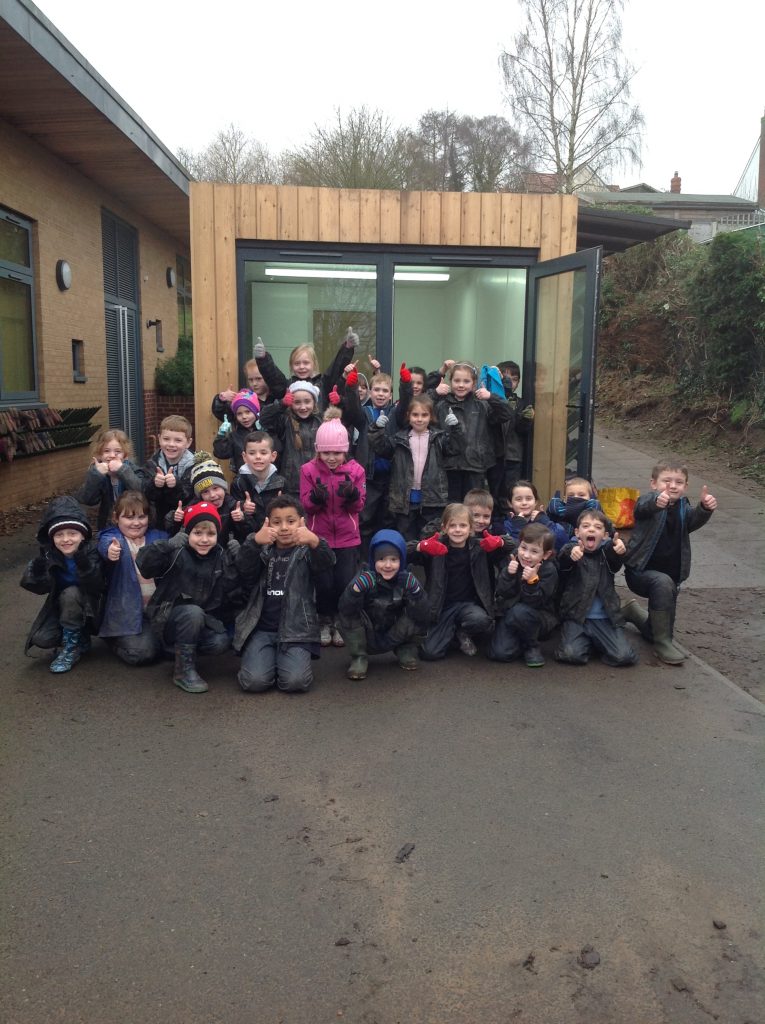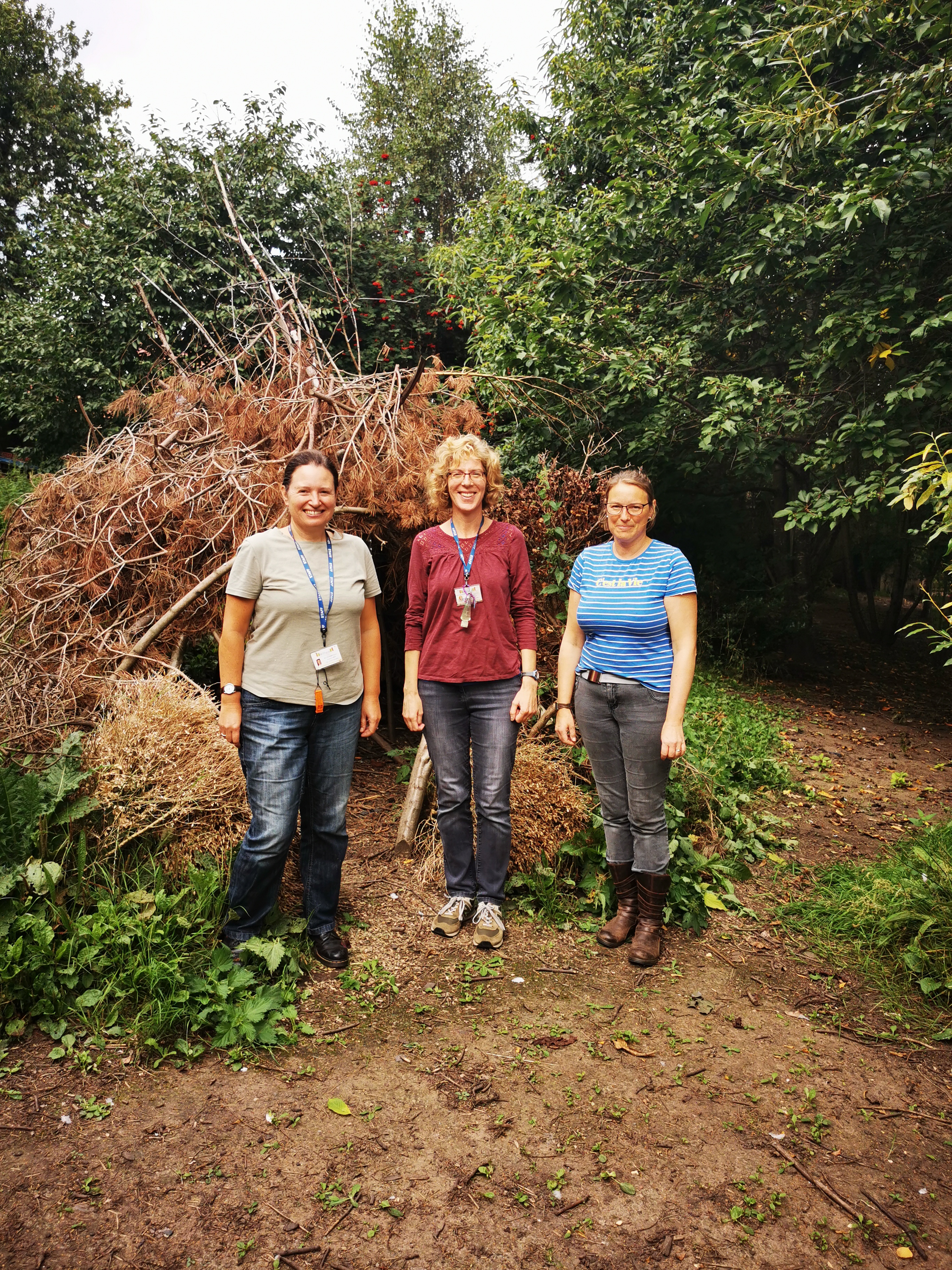- Home
- About Us
- Information
- Curriculum
- News & Calendar
- Vacancies
- Governors’ Login
- Contact Us


At Millfields we believe that Forest School is for all of our children regardless of age, ability, learning, behavioural and emotional difficulties, both girls and boys.
All children can benefit from the Forest School experience especially in terms of their communication and thinking skills, confidence, independence and self-esteem. This is why we are so proud to be able to offer this provision on a weekly basis across the age range from Reception to Year 4.



Mrs Taylor, Mrs Dixon and Mrs Verdon

Forest School provides the opportunity for the children to build on their natural motivation and positive attitude to learning, offering them the opportunities to take risks, make choices and initiate learning for themselves.
All children learn to understand the need to take risks and the implications. Some situations are dangerous not because they are told this is so but because they understand this is the case. Children become naturally used to making their own assessments of risk taking.
A positive approach at Forest School transfers back into the classroom and so affects the quality of the children’s overall learning experiences. This is particularly evident in the way that Forest School supports and compliments the Key Stage 1 and 2 curriculums. All Forest School planning is linked to and influenced by the in-school topics so that the children can make the connections within their learning; their learning in the outdoors is relevant.
Forest School at Millfields is led and organised by Mrs Dixon. Alongside her, Mrs Taylor (Level 3 Forest School trained) and Mrs Verdon (Level 1 Forest School trained) support and facilitate the children’s learning.
Safety:
Minimising and managing risk and ensuring the Forest School site is always as safe as possible.
Planning and Assessment:
Forest School sessions are planned in line with the requirements of the new national curriculum for Key Stages 1 and 2 and in accordance with the Early Years Foundation Stage. In Early Years the sessions are very flexible, allowing the children to instigate the planning through review gatherings at the end of each session. Observations and discussions with children are integral during all sessions in order to assess levels of understanding and to move learning forwards.
Role:
All supporting adults stand back but know when and how to intervene. Questioning is so important. What are the children doing and why? Time is always allowed for thinking and response.
Learning and the Learner:
Leaders are put in the position of the children so that they can see Forest School opportunities and experiences through the eye of the learner.
Forest School for our children at Millfields is not about one off visits; it is about maximising the learning potential of our Forest School site and making links with all aspects of learning through frequent and regular experiences.
Parent comments
“Such a valuable resource for hands on learning for children. The fact that Millfields offers forest school for all year groups on a weekly basis is truly wonderful and we feel very lucky to be a part of such a nurturing school. I picked Millfields because of Forest School being run all the way through to the end of year 4”
“I think it’s wonderful for the children of any age to have access to such an amazing outdoor area with so much to do and to use their imagination. It teaches them that being outdoors can be fun. Also, to appreciate and to be kind to nature”
“My son is a kinesthetic learner and loves being outdoors. These sessions add more variety and a different learning environment to the standard curriculum, where 90% of learning is sat down within the classroom. He always looks forward to Forest School Day”
“He has always looked forward to his Forest School session and chats excitedly about what he has done. Roman Battle Camp, orienteering and so on have brought areas of his studies to life, and helped him to engage in creative writing tasks, for example writing about the life of a Roman soldier”